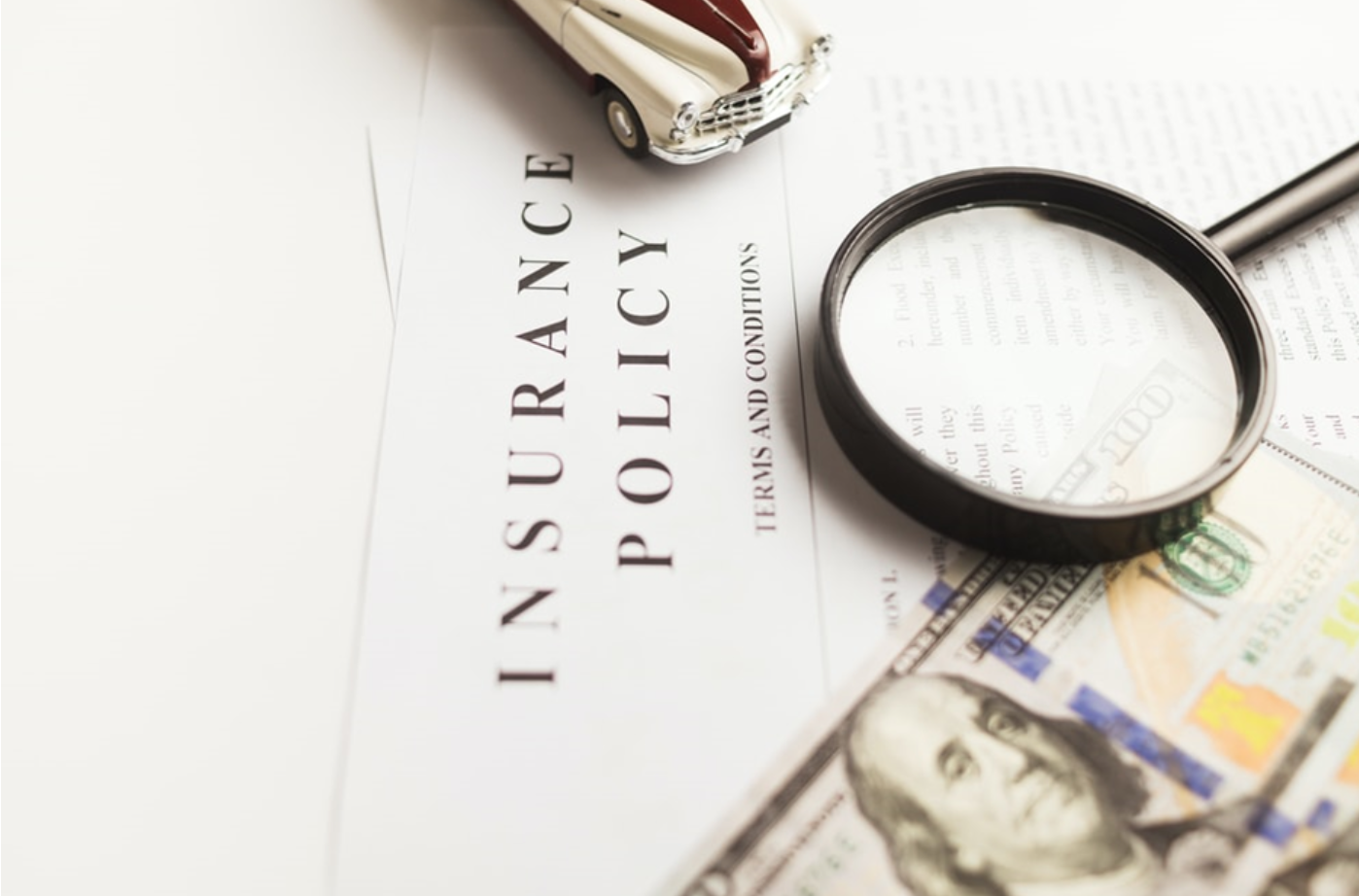By understanding the potential defenses that can be raised in a car accident claim you can successfully address such arguments, ensuring a fair outcome and the compensation you deserve.
The latest figures from the National Safety Council (NSC) report that in 2021 a total of 5.4 million people required medical attention in the U.S. for motor-vehicle-related injuries, with the overall estimated cost of these injuries amounting to $498.3 billion.
While these costs are substantial for the economy in terms of loss of productivity, property damage, and more, the costs to those involved in such accidents can also be significant. Injured parties are often faced with the financial burden of lost wages and mounting medical expenses as well as the emotional distress and the pain and suffering resulting from a car accident.
Unfortunately, claimants often find the process of seeking compensation for their damages further compounds their challenges as insurance companies may present obstacles or introduce hurdles in an attempt to avoid or minimize liability.
This article will outline potential defenses employed by insurance companies in car accident claims to help you navigate the claims process with greater confidence and clarity.
Failure to Mitigate Damages
The doctrine of mitigation of damages is a legal doctrine based on the principle of fairness. In the context of a car accident, it prevents the injured party from unfairly recovering damages in situations where they failed to take reasonable steps to minimize or avoid their losses.
For example, the other party may assert that the claimant made their injuries worse by refusing to seek medical attention or to act on the orders of their doctor. Under the doctrine of mitigation, the defendant should not be liable for the full extent of the damages the claimant is seeking.
If you would like further advice on the application of this doctrine or other potential defenses an insurer can raise in a car accident claim, contact a legal professional such as a Birmingham personal injury attorney.
Statute of Limitations
The law prescribes certain time limits within which a civil claim must be filed. This means individuals seeking to file a personal injury claim following a car accident must ensure they do not exceed the maximum time limit for doing so.

The deadline for filing a car accident claim under the statute of limitations may vary from state to state so claimants must check they have not missed the deadline applicable in their jurisdiction. If a claimant fails to file a claim within the legal time period, their claim will likely be dismissed on the basis of this defense.
Policy Exclusions
Insurance companies often include certain policy exclusions on coverage that limit the circumstances in which they are obligated to pay out. For example, an insurance policy may stipulate that the vehicle must be used only for personal use and not commercial activities.
If the claimant was using the vehicle for business-related purposes at the time of the accident, such as a food delivery service, the insurance company can argue that the claim is denied on the grounds that the incident falls outside of the scope of the insurance policy.
By understanding the potential defenses that can be raised in a car accident claim you can successfully address such arguments, ensuring a fair outcome and the compensation you deserve.


Join the conversation!